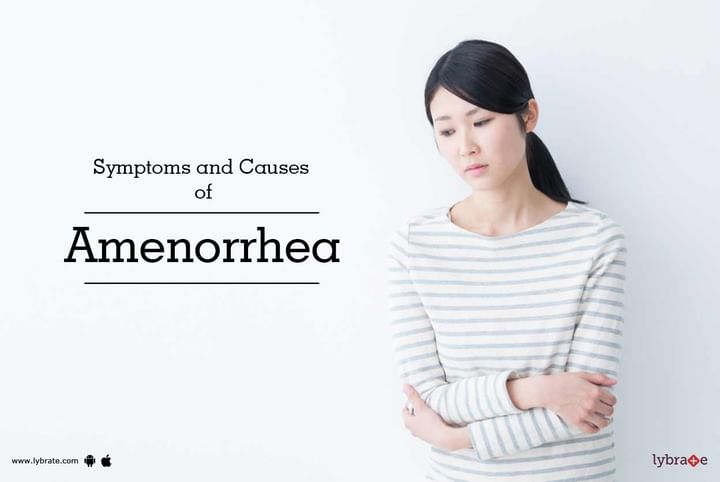Symptoms and Causes of Amenorrhea
Amenorrhea is a condition when a woman of childbearing age fails to menstruate. A woman normally menstruates every 23 to 35 days.The part of the brain called the hypothalamus regulates the menstrual cycle. The hypothalamus stimulates the pituitary gland. The pituitary gland lies just below the hypothalamus at the base of the brain.
There are two types of amenorrhea:
- Primary amenorrhea occurs when a woman has not had her first menstrual period (menarche) by age 15 or 16. This condition is also called delayed menarche. It is most often due to late puberty.This is fairly common in teenage girls who are very thin or very athletic. These young women are typically underweight.
- Secondary types of amenorrhea occurs when a woman has experienced menstrual periods, but stops menstruating for three or more consecutive months.
Secondary amenorrhea can be caused by:
- Pregnancy (the most common cause)
- Breast feeding
- Menopause, the normal age-related end of menstruation
- Emotional or physical stress
- Rapid weight loss
- Frequent strenuous exercise
- Hormonal birth control methods, including birth control pills, the patch and long acting progesterone.
- Polycystic ovary syndrome, a condition is associated with a tendency to be overweight, excessive body and facial hair and hormonal irregularities.
- Premature ovarian failure (menopause before age 40)
- Hysterectomy (surgical removal of the uterus)
- Abnormal production of certain hormones, such as testosterone, thyroid and cortisone.
- Tumors of the pituitary gland
- Chemotherapy
Symptoms of Amenorrhea:
Hormone imbalances may cause amenorrhea together with:
- Excess body and facial hair
- Acne
- Lowering of the voice
- Altered sex drive
- Breast milk secretions
- Weight gain
In order to diagnose your condition your doctor will ask you about:
- The date of your last menstrual period
- Whether you are sexually active
- Your birth control methods
- Your pregnancy history
- Your eating habits
- Rapid weight changes
- Obesity or extreme underweight
- Your typical monthly menstrual patterns
- The age when your mother entered menopause(In most cases it has been seen that, both mother and daughter will enter menopause at the same age)
- The amount of stress in your life and how you deal with it
- The types of medications you are taking
Treatment for amenorrhea:
The treatment for secondary amenorrhea varies depending on the underlying cause of your condition. Hormonal imbalances can be treated with supplemental or synthetic hormones. Your doctor may also want to remove ovarian cysts, scar tissue or uterine adhesions that are causing you to miss your menstrual periods. If you wish to discuss about any specific problem, you can consult a sexologist.



+1.svg)
